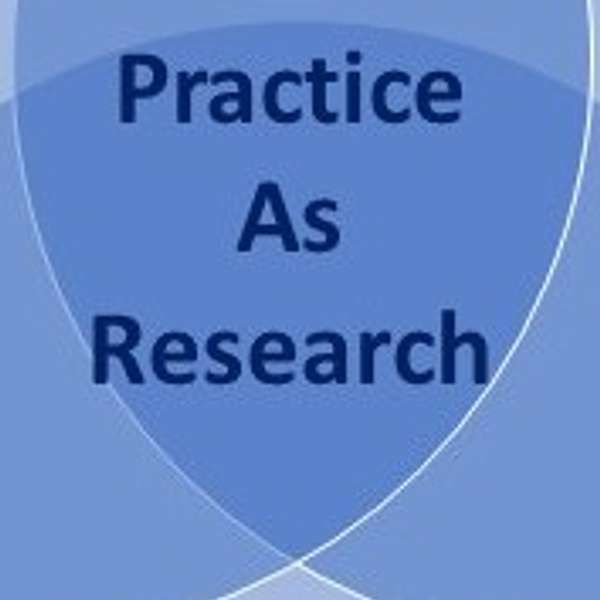
Practice As Research
Practice As Research
The intricate ethics of participatory research
In this online seminar Professor Sarah Banks reflects on ethical challenges arising in participatory research.
Participatory research is becoming increasingly popular amongst academics, community organisations and research funders. This is research that involves people with direct experience of the issue being studied (e.g. homelessness, domestic violence, asylum seeking) in designing and carrying out the research, often in partnership with academics or other professionals, with the aim of influencing change in policy or practice. This type of research raises distinctive ethical challenges, particularly relating to power dynamics, partnership-working and social activism, and may not always be fully understood by institutional research ethics committees. This presentation will outline some of the main ethical challenges arising in participatory research, arguing for the importance of ‘everyday ethics’ focusing on human relationships and reflexivity as a counter-balance to the ‘regulatory ethics’ of institutional review processes, which emphasise rule-following and impartiality. It will also introduce the revised guidelines for community-based participatory research recently published by the Centre for Social Justice and Community Action, Durham University and the National Coordinating Centre for Public Engagement, www.durham.ac.uk/research/institutes-and-centres/social-justice-community-action/research-areas/ethics-consultation/
Sarah Banks is Professor in the Department of Sociology and co-founder of the Centre for Social Justice and Community Action at Durham University, UK. The Centre promotes participatory action research for social justice in partnership with community-based organisations. With the Centre and members of the International Collaboration for Participatory Health Research (ICPHR), she has developed ethical guidelines for participatory research and offers training/events for academic and community-based researchers. She has coordinated several participatory research projects, including research on debt, poverty and community development, and leads the Ethics Working Group of the ICPHR. She is co-editor of Ethics in Participatory Research for Health and Social Well-Being (Routledge, 2019) and Co-Producing Research: A Community Development Approach (Policy Press, 2019), and co-author of Participatory Research for Health and Social Well-Being (Springer, 2019).